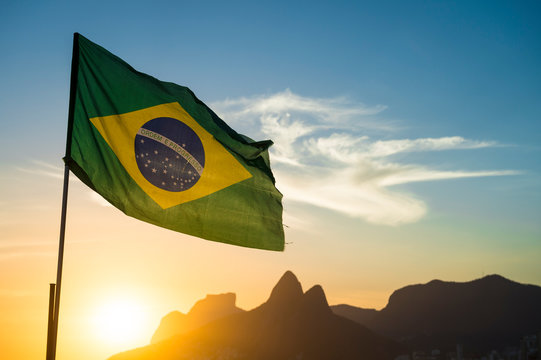Our daily lives are surrounded by software and programs nowadays, and new ones are always being created with the goal of simplifying our personal, professional, and leisurely lives. This has become so routine that it is impossible to envision life without them.
Since the software is the most well-known example of an intangible asset, inventing and innovating are crucial aspects of daily life that should be protected, especially for startups and other newly developed businesses.
Software is protected in Brazil under the Copyright Law (Federal Law No. 9.610/98) and Software Law (Federal Law No. 9.609/98), which are both considered copyright laws.
Software registration in Brazil
Article 7, I, of the local Copyright Law, defines that all works created from the spirit, expressed by any means, or fixed in any support, tangible or intangible, known or invented in the future, are considered as software. Additionally, article 1 of the Software Law states that software is the expression of an organized set of instructions in natural or coded language, contained in physical support of any nature, for use in automatic information-processing machines, devices, instruments, or peripheral equipment, based on digital or similar means, to make them work in a certain way and for specific purposes.
The program can be registered in Brazil with the Brazilian Patent and Trademark Office (“INPI”), and the protection is valid for 50 (fifty) years starting on January 1 of the year following the publishing date, or, in the absence of publication, the day the software was created.
The registration of software before the INPI is carried out without the software holder sending any documentation to file the request; not even the source code is required; only an encrypted algorithm through hash code; all documentation is kept in the custody of the software owner. This is because confidentiality is very important for the software industry.
Although registration is not required by Brazilian law, there are some benefits to doing so, including the following:
- building a portfolio of intellectual property assets that can be used in venture capital and other funding programs;
- pre-constituted proof of authorship, avoiding having to go through the hassle and expense of gathering evidence in the event of a legal dispute;
- setting the terms for government funding and procurement programs.
A key finding relates to the assumption that software is continually updated and that registering each one with the INPI would be extremely expensive. We do not believe it is necessary to register every change in the program, just those that are highly significant. The main goal of registration is the source code of the program, and it turns out that this source code does not have to be 100% similar to the source code of the disputed software in order for it to be registered. New versions of the software or significant updates, however, need registration.
These benefits include in addition of the capability to record music, images, videos, sounds, and game characters (if they are user-created) together with the program source code through the INPI’s software registration process. That is, because each of the aforementioned assets is covered by copyright under Brazilian law, it is feasible to protect them all with a single registration.
Brazil is a signatory to the Berne Convention (1886), which enables international businesses and individuals to register their software with the INPI in order to assert their software rights in Brazilian territory and before Brazilian courts.
Therefore, it is advised to submit an application for registration with the INPI if you have developed software or its most recent version. As was already said, registration provides its holder with more legal certainty and protects a significant asset, which helps your organization financially.

